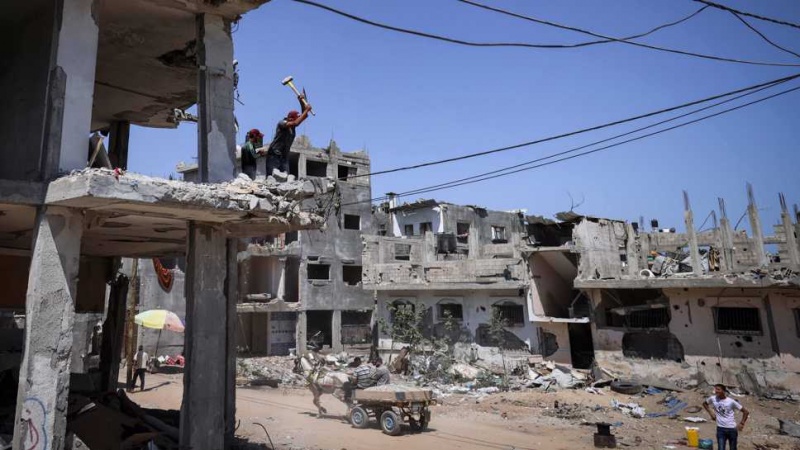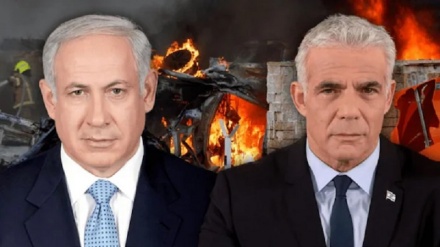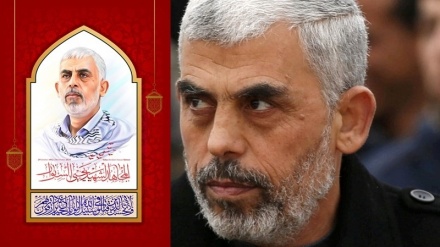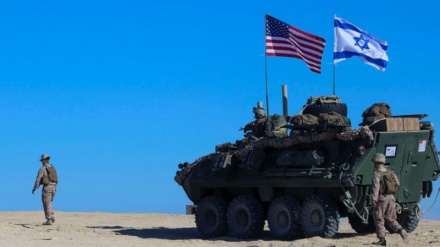Israel lacks will to end Gaza humanitarian crisis: Hamas leader
The leader of the Palestinian Islamic Resistance movement Hamas in the besieged Gaza Strip has expressed dissatisfaction with "bad" talks with United Nations diplomats supporting an Egyptian-brokered ceasefire with Israel, saying the Israeli regime has no will to end the humanitarian crisis in the enclave.
UN West Asia peace envoy Tor Wennesland arrived in Gaza on Monday for talks with Hamas leaders, one month after the fragile Egypt-mediated ceasefire ended 11 days of onslaught by the occupying entity on the coastal enclave.
"The meeting was bad, it was not at all positive," Yahya Sinwar, told reporters.
"They listened to us attentively. The roots of the problem must be resolved and unfortunately, there are no signs that there are intentions towards solving the humanitarian crisis in the Gaza Strip," Sinwar added.
He noted that Hamas would hold a meeting for the leaders of the national and Islamic factions "in the coming hours" to decide their next steps.
Meanwhile, a source in Hamas, who asked not to be identified, also said the UN envoy had delivered a "negative message" from the Tel Aviv regime to Hamas, without giving further details.
The UN declined to make any comment about the meeting.
Israel claimed Monday that it had allowed the "limited export" of farm produce to begin and trucks carrying clothes and fabrics to leave.
However, Sinwar rejected the claim and said the regime did nothing to change the situation in Gaza.
Israel continues to block international aid, as well as critical fuel deliveries needed for the electricity plant, and restrict movement, including fishermen in the Mediterranean, the Hamas official added.
"It is clear that the Occupation (Israel) continues to practice its policies against us and our people in the Gaza Strip," Sinwar said.
"We told the representatives of the United Nations that we will not accept this matter."
Tel Aviv launched the bombing campaign against the besieged Gaza Strip on May 10, following Palestinian retaliation against violent raids on worshipers at al-Aqsa Mosque and the regime’s plans to force a number of Palestinian families out of their homes at the Sheikh Jarrah neighborhood of East al-Quds.
MG



